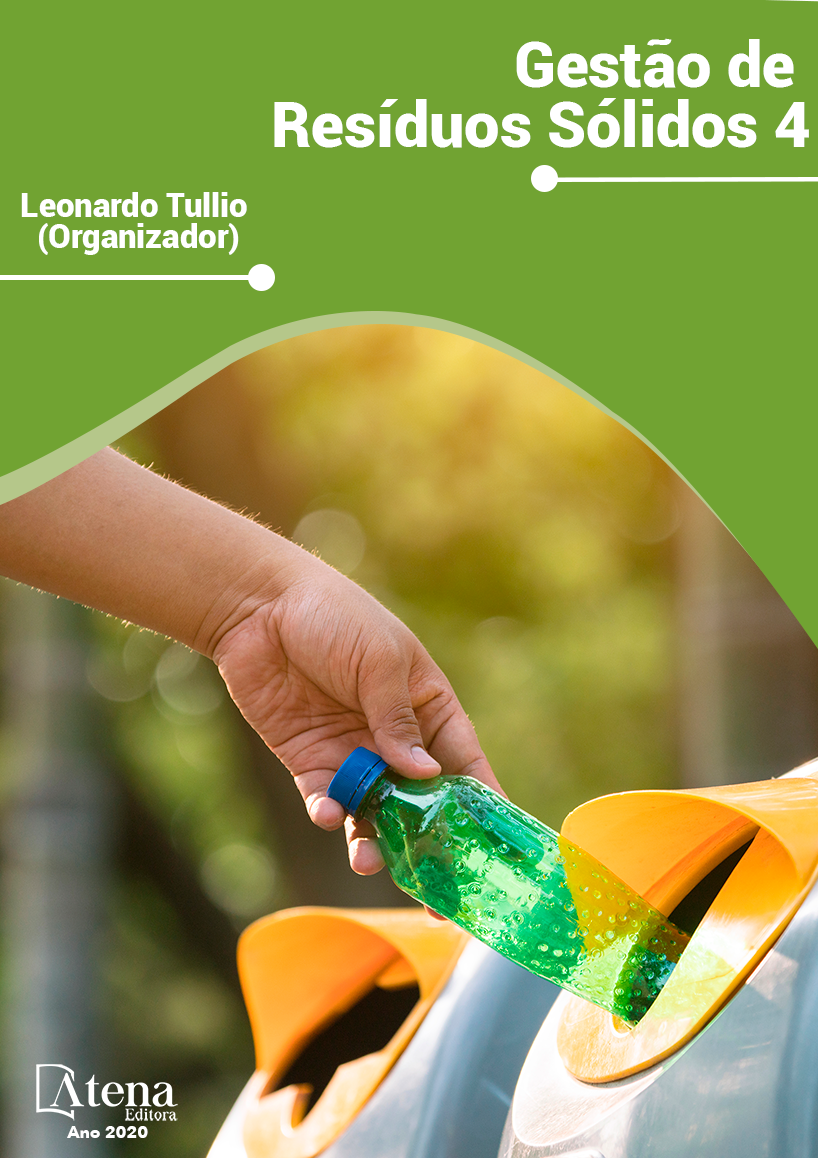
DIAGNÓSTICO DA GESTÃO MUNICIPAL DOS RESÍDUOS DA CONSTRUÇÃO CIVIL NO MUNICÍPIO DE TOLEDO – PR CONFORME A RESOLUÇÃO CONAMA Nº 307/2002
A indústria da Construção Civil apresenta uma importância significativa para o desenvolvimento econômico e social de um país, mas também é uma das maiores causadoras de impactos negativos ao meio ambiente e à Saúde Pública devido à elevada geração de resíduos. Diante de toda essa problemática, foi instituída em 2002 a Resolução CONAMA nº 307, que estabelece critérios, diretrizes e procedimentos para a gestão ambientalmente adequada desses resíduos nos municípios brasileiros. Neste trabalho foi investigado se a gestão municipal dos Resíduos da Construção Civil (RCC), realizada no município de Toledo - PR, está em acordo aos critérios e requisitos estabelecidos na referida Resolução. Os resultados indicaram que apesar de transcorrer 17 anos da implantação da Resolução CONAMA e a Administração Pública ter aprovado um Plano Municipal de Gestão Integrada de Resíduos da Construção Civil (PGRCC) e de Resíduos Volumosos, o mesmo ainda não se encontra em prática, sobretudo em decorrência da ausência de infraestrutura adequada para que os agentes envolvidos possam cumprir com suas funções, prejudicando ainda mais a gestão dos Resíduos da Construção Civil no município, acarretando em transtornos, tanto ao Meio Ambiente quanto a Saúde Pública local.
DIAGNÓSTICO DA GESTÃO MUNICIPAL DOS RESÍDUOS DA CONSTRUÇÃO CIVIL NO MUNICÍPIO DE TOLEDO – PR CONFORME A RESOLUÇÃO CONAMA Nº 307/2002
-
DOI: 10.22533/at.ed.2062018065
-
Palavras-chave: Construção civil; Resíduos; Gestão
-
Keywords: Civil Construction; Waste; Management
-
Abstract:
The Civil Construction industry have significant importance for the economic and social development of a country, but it is also one of the major causes of negative impacts on the environment and in public health outstanding the high generation of waste. Them, CONAMA Resolution No. 307 was established in 2002, the standards, guidelines and procedures for the environmentally management of these wastes in Brazilian municipalities. In this work, it was investigated whether the municipal management of Civil Construction Waste (RCC), carried out in the city of Toledo - PR, is in agreement with the criteria and requirements established in the aforementioned resolution. The results indicated that despite the fact that 17 years have elapsed since the implementation of the CONAMA Resolution and the approved ic Administration has approved a Municipal Plan for the Integrated Management of Civil Construction Waste (PGRCC) and Bulky Waste, it is not yet in practice, due to the lack of adequate infrastructure to the agents involved could carry out their duties, further damaging the management of Civil Construction Waste in the municipality, resulting in inconvenience to both the Environment and local Public Health.
-
Número de páginas: 16
- Zelia da Paz Pereira
- Maurício do Espirito Santo Andrade
- Flávio Augusto Scherer
- Elmagno Catarino Santos Silva


